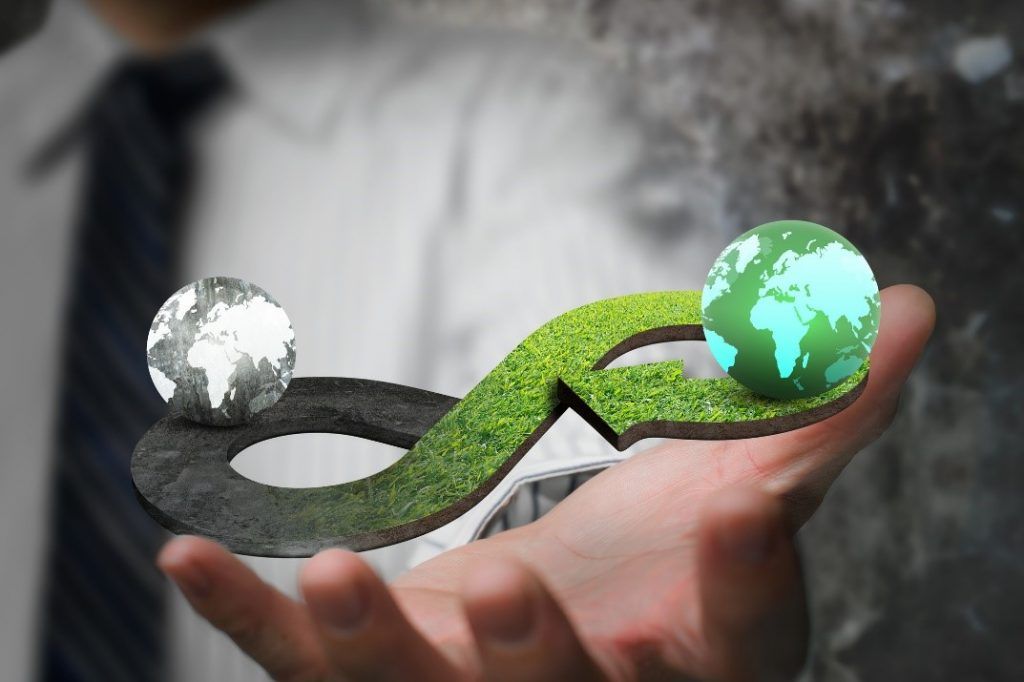China has taken a number of steps to support the circular economy through its legal framework, according to a World Trade Organization (WTO) report.
To begin with, the 2009 Regulations on the Administration of the Recovery and Disposal of Electrical and Electronic Waste laid the foundation for a regulated management system for the collection and disposal of electrical and electronic waste.
As a result, manufacturers of listed products contribute funds that are then used to finance qualified waste disposal companies.
By the end of 2022, China had 109 qualified waste disposal companies.
These companies then had an annual processing capacity of 160 million units of e-waste.
Supporting the circular economy
Since 2008, China has considered the development of the circular economy an important strategic pillar for its economic and social development.
In 2021, it also included the circular economy among the 10 key measures to reach the carbon emissions peak.
China has established a relatively comprehensive legal framework to support the circular economy and has made significant progress in this area, which has contributed positively to the achievement of the Sustainable Development Goals.
Guidelines
In the WTO Secretariat’s analysis of this economic model, the measures adopted by its constituents were identified by circular economy activity/objective, namely:
- Improve transparency regarding material composition.
- Reduce resource consumption and waste generation.
- Encourage technology development and research related to circularity.
- Support repair and remanufacturing practices.
- Promote the use of biological cycles and sustainable materials.
- Encourage substitution of non-renewable resources.
- Encourage reuse and recycling.
- Manage hazardous substances and wastes in an environmentally sound manner.
- Facilitate the conversion of waste into energy.
WTO
The contribution of trade to the circular economy is at the forefront of WTO Members’ discussions.
In 2021, Members agreed to identify and compile best practices, and explore possibilities for voluntary measures and partnerships to ensure that trade and trade policies support and contribute to the achievement of a more resource-efficient regenerative economy.

